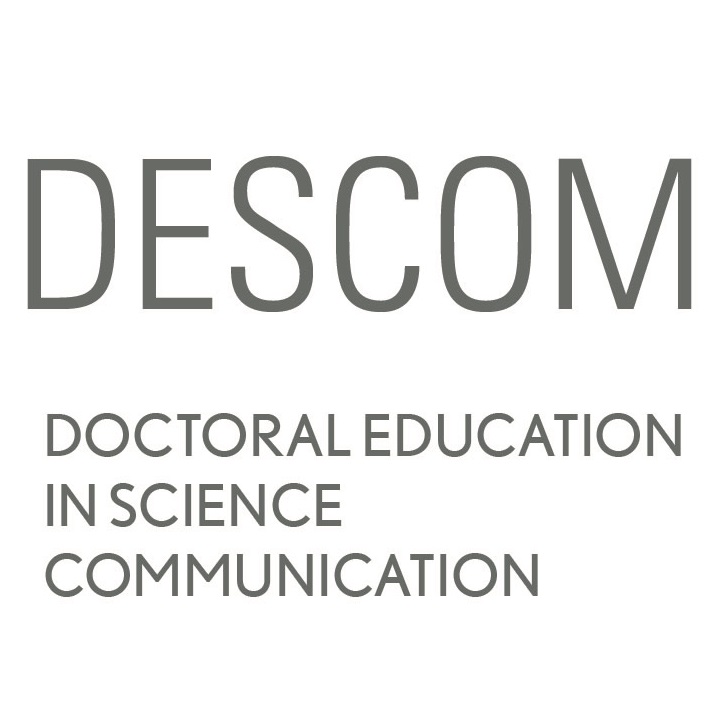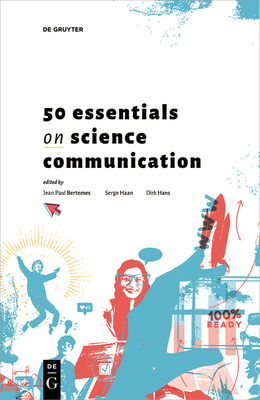Skills and training
Course work includes transferable skills, disciplinary and interdisciplinary courses. The aim is to give doctoral candidates the opportunity to develop skills and useful knowledge for their thesis, whilst at the same time gaining a solid basis for their research within their specific discipline, the academic community and future employers.

Training takes place in small groups to promote knowledge exchange. Doctoral candidates are given the opportunity to engage in a dialogue and receive support from their peers. Doctoral candidates will engage in:
- In-depth knowledge in their field of expertise;
- Training in research methods;
- Academic writing and communication skills;
- A greater awareness of ethical issues in research;
- Interdisciplinary expertise;
- Skills such as project management and presentation techniques.
ECTS
European Credit Transfer and Accumulation System
In the course of the doctoral studies with us doctoral candidates are required to gain a minimum of 20 ECTS credits (under the European Credit Transfer and Accumulation System).
- Minimum 5 ECTS in transferable skills courses, including one course in ethics.
- Remaining ECTS in transferable skills or disciplinary and/or interdisciplinary courses within their Doctoral School;
Note: 1 ECTS equals approximately 25-30 working hours (this may include seminars, conferences, etc.)
Each doctoral programme has its own specific policies on ECTS, so it is recommended to always consult the policies related to their doctoral programme to confirm the requirements for their doctoral studies.
Training
Transferable skills can be used during your doctoral period but are not directly related to your research topic; however, they are important for your future career and you can acquire them free of charge at the University of Luxembourg!
The courses are organised by the transferable skills team in the University Competence Center and include good scientific practice, writing research papers, conference skills, assertiveness, managing your relationship with your doctoral supervisor, advanced teaching skills, navigating social media, project management, etc.
Additional courses are also available through the respective doctoral schools.
Contact for questions regarding transferable skills courses
Enrollment for visiting and external doctoral candidates
If there are spaces remaining, transferable skills courses and courses run by doctoral programmes are also available to visiting doctoral candidates and doctoral candidates at the Luxembourg research institutes (LIST, LIH, LISER & LNS).
Our Doctoral School Courses (including the Transferable Skills courses) are available on our Moodle platform, which is only reachable by the Doctoral Candidates of our University (for security reasons).
In addition to the Transferable Skills Training, at the University of Luxembourg, we offer both disciplinary and interdisciplinary courses to ensure our doctoral candidates develop deep expertise in their field while gaining broader perspectives and transferable skills. This combination fosters innovation, enhances collaboration across research areas, and prepares candidates for diverse career paths within and beyond academia.
Disciplinary and Interdisciplinary training

Communicating science and research to non-scientific audiences is a transferable skill that becomes ever more important. DESCOM (Doctoral Education in Science COMmunication) is an educational project that helps you learn the basics and gain some hands-on experience in science communication. DESCOM was supported by the Luxembourg National Research Fund (FNR) and aims to support interactions between academia and the public by providing training in science communication.
This 4-day introductory course (2 ECTS) will give you an understanding of basic concepts of science communication. You will also get to know the organizational structures involved as well as different communication tools. This course runs in the TS course offer (see above) under the name “Science Communication”.
Gain some hands-on experience in science communication by working on a “mini-project” at one of DESCOM’s project partners. During this 50-90 hour long internship you will also get to know the working environment and daily tasks in communication departments or institutes specializing on public outreach.
To find the list of partners that offer a science communication internship via DESCOM (2-3 ECTS, dates and duration tbd depending on your and our partner’s availabilities), please visit “Internship offers“
DESCOM’s outreach activities (1-2 ECTS) are designed as hands-on trainings in science communication. Previous trainings have focused on the use of the following communication tools:
- science comics
- science writing competition (in collaboration with science.lu)
- science workshops
- online quizzes
- Science Slam (in collaboration with LuxDoc asbl)
For more information about upcoming activities, please have a look at our news and events section or contact descom@uni.lu.

The University of Luxembourg and the Luxembourg National Research Fund (FNR) have released “50 essentials on science communication”, a handy and entertaining book providing the basics of science communication. It targets young scientists taking their first steps in science communication and communication managers at research institutions.
The first chapters introduce fundamental concepts of science communication. The second part delves into strategic science communication, before the book gets very practical with chapters on different channels used in science communication, such as social media, podcasts, science festivals or school labs. Finally, in the last chapter the authors tackle several hot topics, among others competition in science communication, fake news, animals in research and ethical considerations in science communication.
The book can be downloaded for free on the website of De Gruyter, or ordered as a hard copy.
